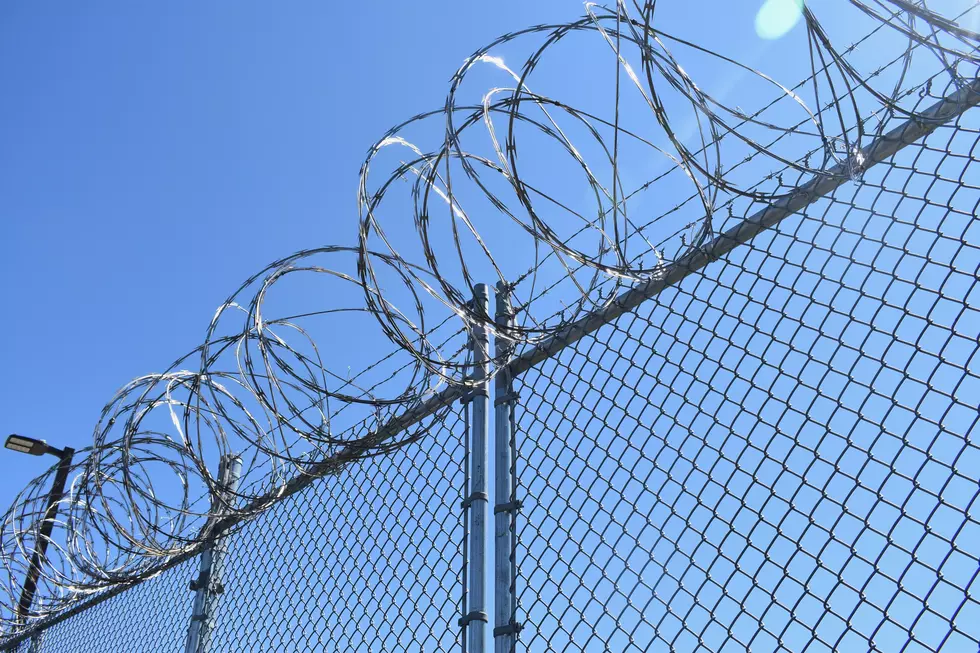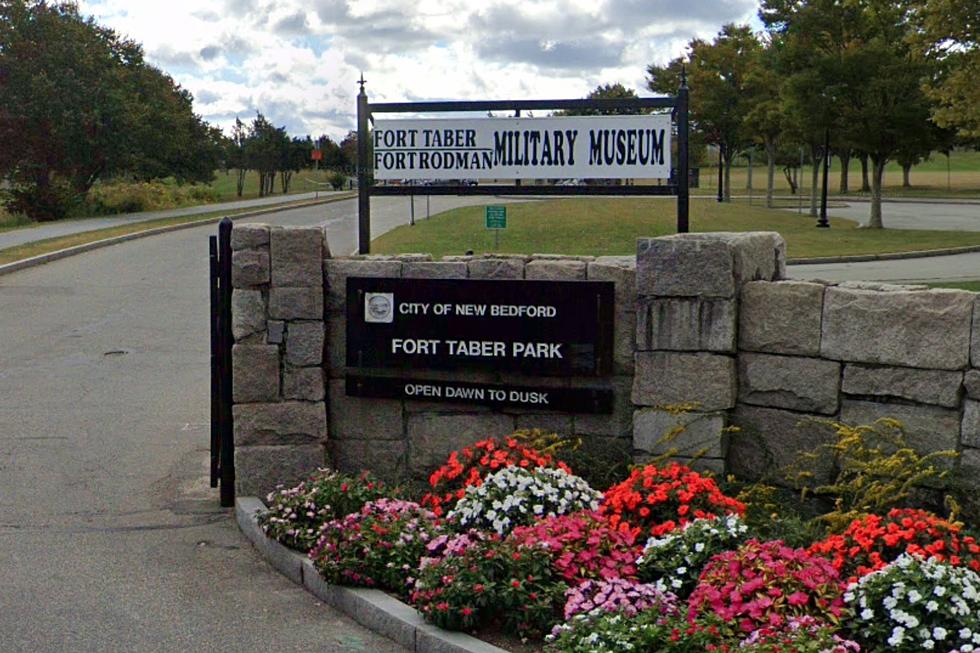
New Bedford Murderer Released on Parole
NEW BEDFORD — After serving nearly 23 years in prison, convicted New Bedford killer Nelson Rodriguez has been released on parole.
The state parole board granted Rodriguez’s release on Sept. 27.
He had already been released briefly on medical parole in January, during which he proved that he can reintegrate into the community, according to the parole board’s written decision.
Rodriguez was sentenced to life in prison after he was convicted in November 1998 of first degree murder for gunning down 18-year-old Felipe Barros the previous year.

Parole documents state that Rodriguez fatally shot Barros in August 1997 in front of two other men on a city sidewalk.
The killing was revenge for an alleged previous beating he received when trying to buy drugs for his heroin addiction, after which he suffered from PTSD.
According to the record, Rodriguez shot Barros in the head and chest, asking, "Do you remember the time you jumped me?"
He then walked away and got into his car, but then returned and shot the teenager two more times, killing him.
Rodriguez was also convicted of firearms charges in the homicide.
Although he was originally sentenced to life without possibility of parole, in 2010 Rodriguez filed a motion for a new trial.
He successfully argued that the original jury was selected in a closed courtroom, in violation of his rights.
Rodriguez was granted a new trial and pleaded guilty to second degree murder in 2014.
Since he had already served more than 16 years in prison, after his sentencing Rodriguez immediately became eligible for parole.
But he was denied release in 2014 and again in 2018.
Although he has been sober since 2006 and completed his GED, with generally "positive conduct," the board wrote in 2014, the decision to deny his parole was taken to "allow sufficient time for the necessary measures of rehabilitation."
This time, however, the parole board unanimously found that Rodriguez was suitable for release.
“Mr. Rodriguez demonstrated that he can be a law-abiding citizen in the community while on medical parole,” the board wrote.
“He accepts responsibility and appears very remorseful for the crimes for which he is incarcerated.”
His release is subject to a 10 p.m. curfew, drug testing, alcohol abstinence, counseling, and a slew of other parole conditions, including that he continue medically assisted treatment for addiction.
The Spookiest Legends of the SouthCoast
SouthCoast Red Flags
More From WBSM-AM/AM 1420









